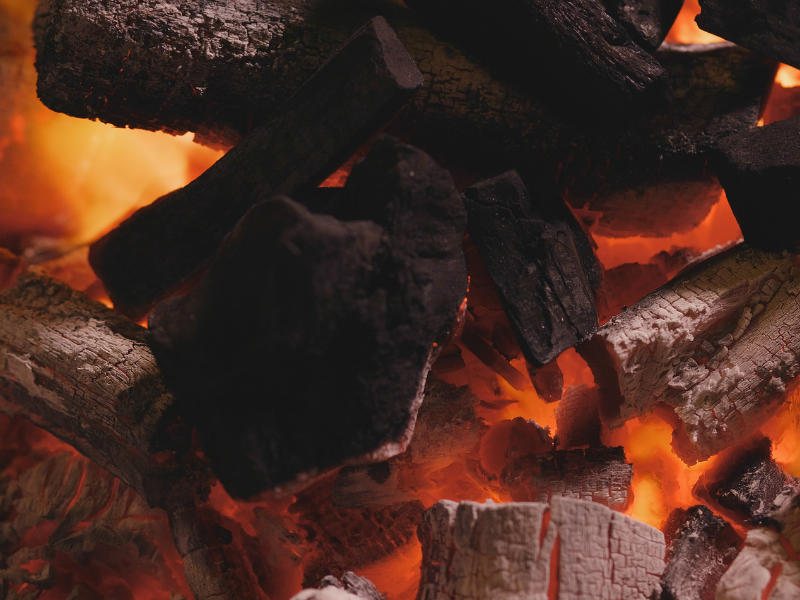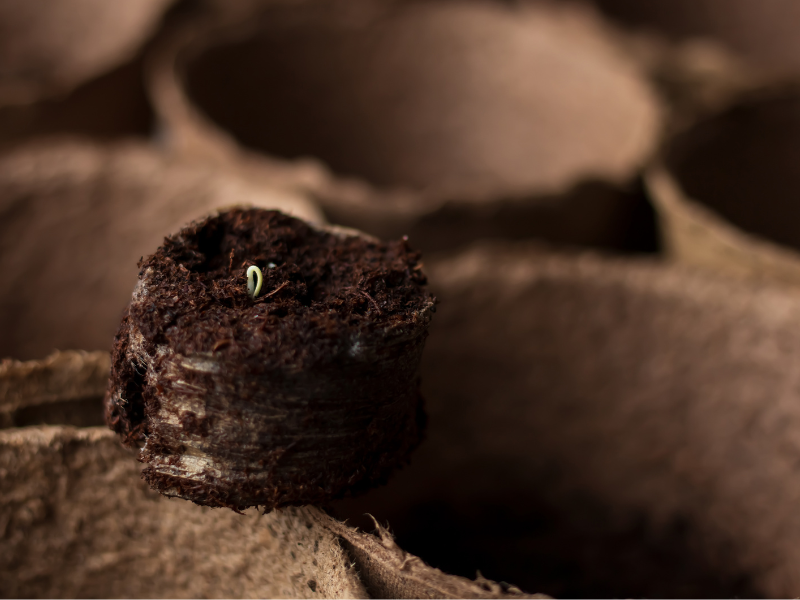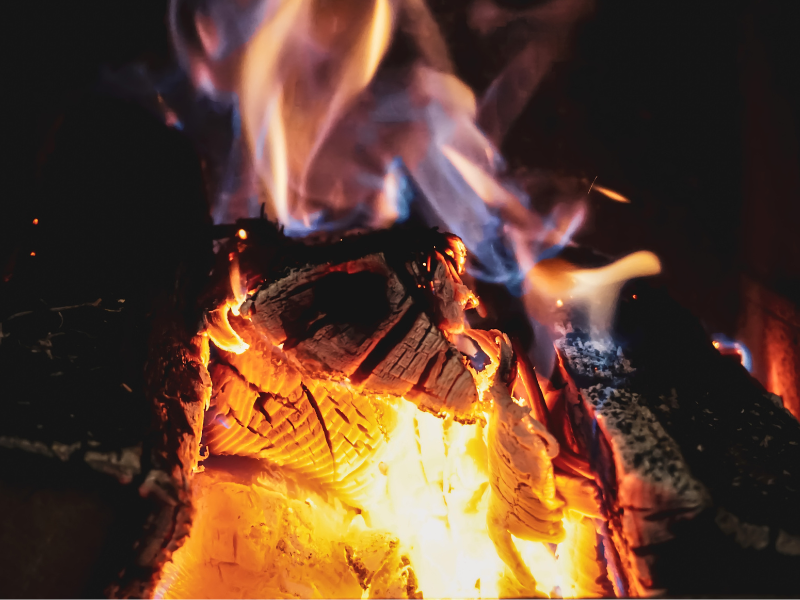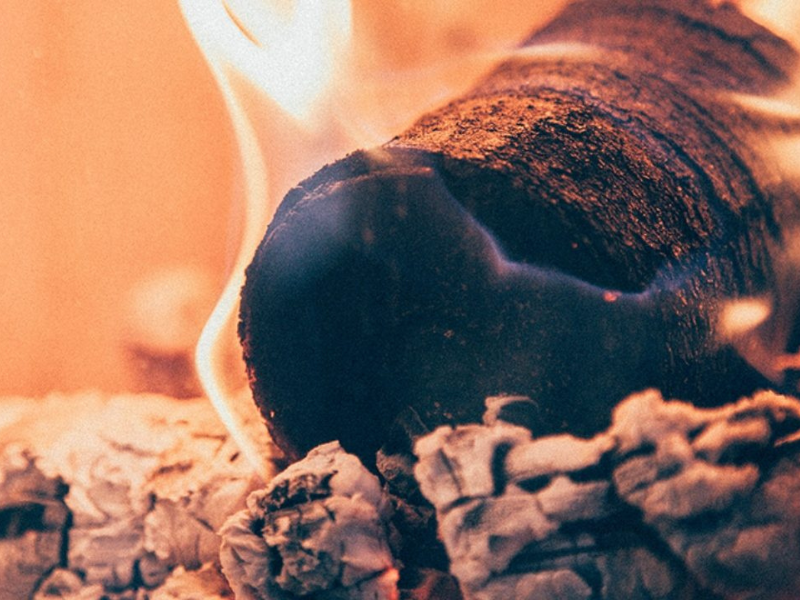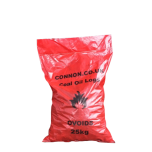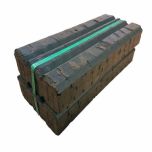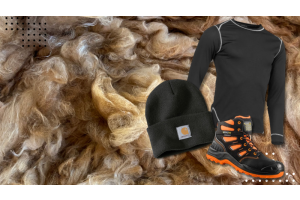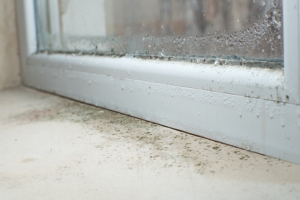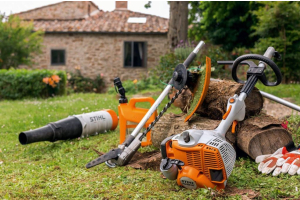Coal Vs Wood - Which Fuel Is Best For Your Stove?
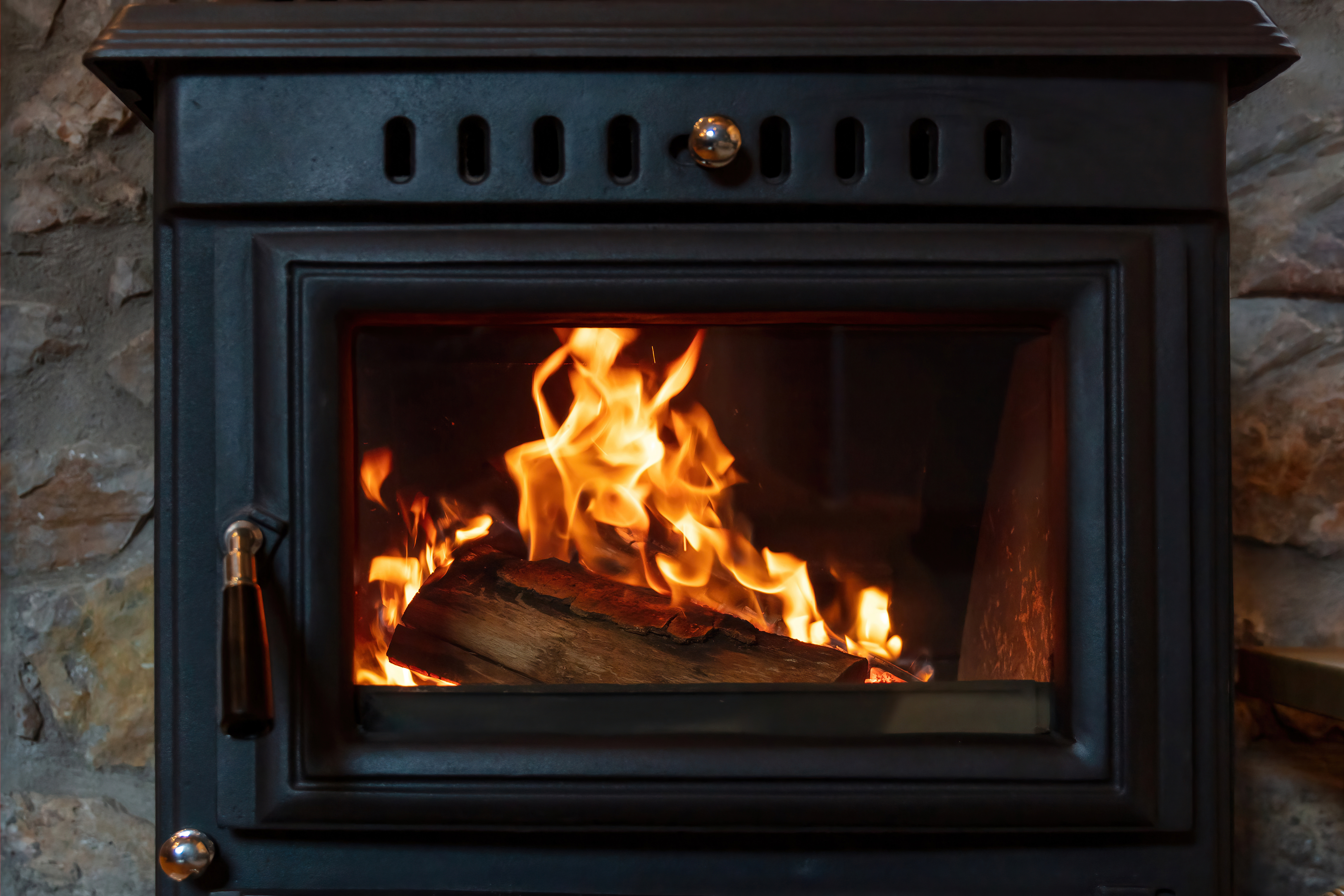
Winter is approaching, and with a cold snap on the way in the next few weeks, we're all coming up with ways to keep cosy. As energy prices continue to rise, woodburning stoves and country kilns are becoming more and more popular, and it's no surprise as to why - even small wood-burning stoves can heat up an entire home. While a kiln is already a great investment to get you through the winter months, making the most of it is also important.
With so many options out there, finding the best fuel for multi-fuel stoves can be tricky. In this blog, we're answering common questions like "does coal burn hotter than wood", which type of wood you should be using for a country kiln log burner, and what exactly is peat fuel?
The Best Coal For Stoves
The rock that has been powering the UK for hundreds of years, coal is naturally occurring and full of carbon. Formed over millions of years, this fantastically powerful fuel source burns at a higher temperature than most other options. If a good heat output is your top priority, coal has a slow burn at toasty temperatures, perfect for long cold evenings!
One of the biggest drawbacks of this solid fuel option is that when you burn coal, you can be left with quite a lot of white and grey ash to clean up in the morning.
Another con of coal is that as a fossil fuel, it isn't the most sustainable option. However, there are clean burning multi-fuel coal options available, as well as coal that produces less ash.
Red flame coal is a low-ash and economic option with all the benefits of coal and smokeless fuels. These briquettes burn hot and catch fire quickly, and while not approved in smoke control areas, are cleaner to burn than other fuel sources.
Another option is clean-burning ovoids, which are low sulphur and very affordable. It's also worth bearing in mind that while multi-fuel stoves can handle different fuel sources when it comes to a log burner, coal is a big no.
Are Peat Logs A Good Choice For Stoves?
While coal is a more well-known source of fuel, another solid fuel has been heating our homes for hundreds of years. Peat is a spongy material that's formed from decomposed organic plants, and can usually be found in bogs and swamps and other areas with high moisture content. Peat extraction involves removing wet peat and cutting the material by hand into separate blocks and laying them out to dry.
The dry peat briquettes or logs can then be used as quick-to-light fuel, which heats up the room in no time and has lower atmospheric emissions when compared to coal or wood.
One of the biggest benefits of peat is that it is one of the most affordable options out there, and is clean to burn with almost no smoke. A unique plus of peat is that it gives off a distinctive homely smell, one that's perfect for the holiday season.
Save Energy With Wood For Stoves
By far the most commonly used fuel for stoves, hardwood logs are a renewable source of energy that's easy to burn and easy to come by. While the wood found naturally uses quite a lot of energy with low heat output, dry logs are treated to burn hotter and with less pollution.
Storing and handling wood is also easier than coal or peat, and is an easily accessible and affordable option. When you burn wood, you can also reduce your carbon emissions, and the bright atmosphere of a wood fire can’t be underestimated. When burned properly, wood fires are the most energy-efficient way to heat your home - and this wood is kiln-dried for maximum effectiveness.
Other Fuel Options For Your Multi-Fuel Stove
While the coal vs wood debate is ongoing (with peat as another big contender) there are other options available. Coffee logs are an environmentally friendly alternative to other fuel sources, that are made using recycled coffee grounds. These logs burn 20% hotter than kiln-dried logs and reduce greenhouse gas emissions by 130%, making them a great choice for any eco-warrior.
So, What Fuel Is Best For Multi-Fuel Stoves?
The real answer to this question depends on the benefits you’re looking for. Coal offers the best heat output for a long period of time, but is on the pricier side and is not a sustainable option. Wood is energy efficient and quick to ignite, but offers less heat than coal. Peat is affordable but does not have the same heat output as coal or dried wood. Coffee logs are an eco-friendly choice but are less affordable than other options.
In the end, the fuel that will work best for you depends on what you value most, so make sure to consider your options carefully before taking the plunge.


